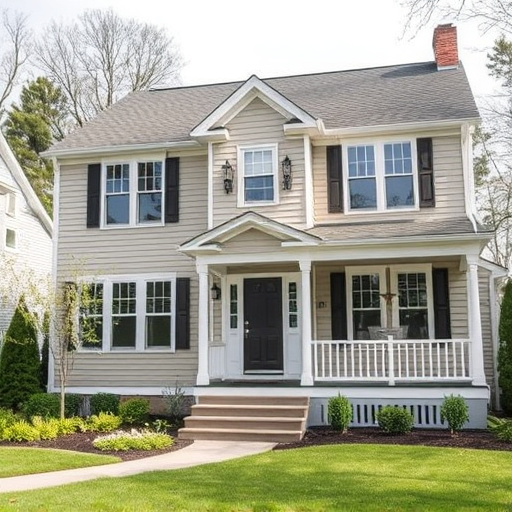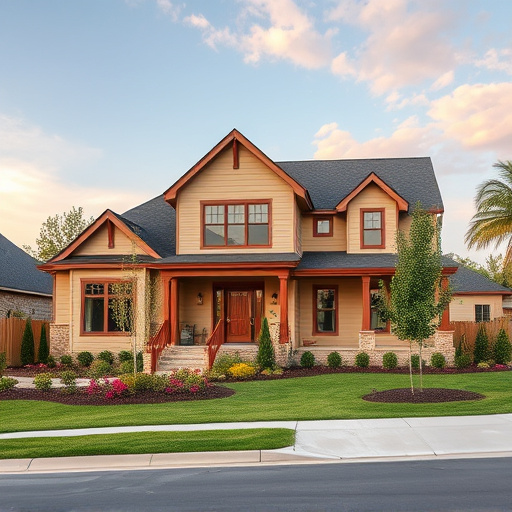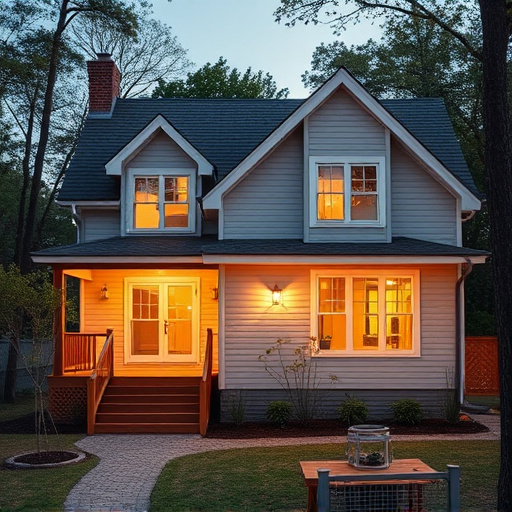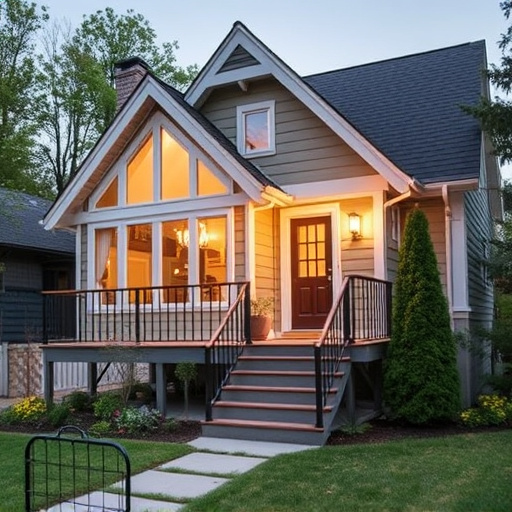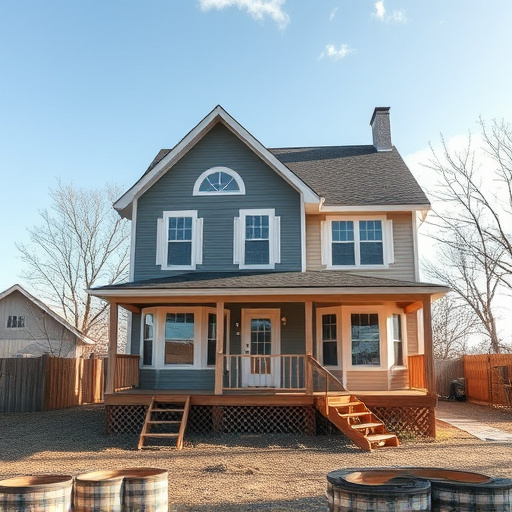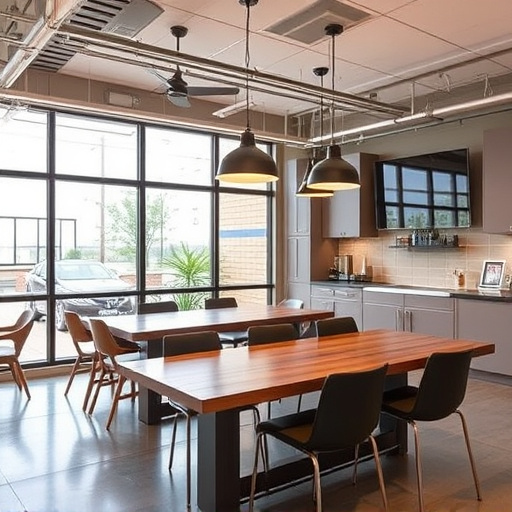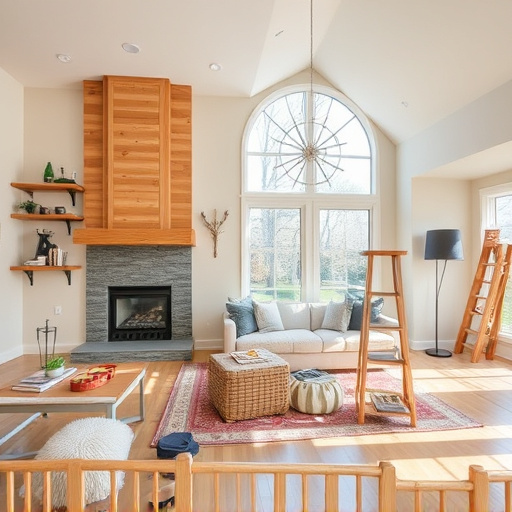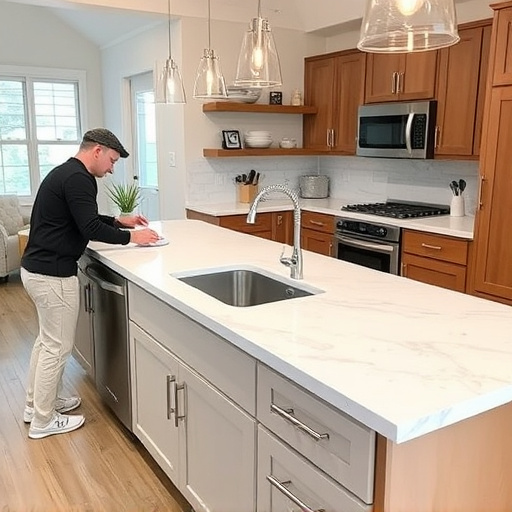Building permits are essential for home renovators, ensuring construction projects comply with local safety standards and building codes. The process involves submitting detailed plans to authorities, providing peace of mind during renovations. Understanding varying municipal regulations is crucial to avoid legal issues and fines. Best practices include staying informed, keeping records, and effective communication with authorities, simplifying the permit process for successful home remodeling.
For any home renovator, navigating permits and building codes is a crucial step in ensuring successful and legally compliant projects. This guide delves into the essential aspects of understanding building permits—why they’re vital for renovations—and offers a comprehensive overview of local building codes. We explore best practices to streamline the process, helping home renovators efficiently navigate these requirements. By adhering to regulations, renovators can avoid delays, fines, and ensure their projects enhance homes safely and beautifully.
- Understanding Building Permits: Why They're Essential for Home Renovators
- Navigating Local Building Codes: What Renovators Need to Know
- Streamlining the Process: Best Practices for Efficient Permit and Code Compliance
Understanding Building Permits: Why They're Essential for Home Renovators
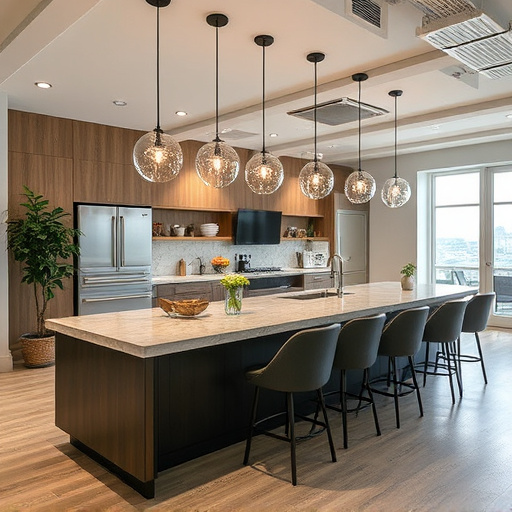
Building permits are a crucial aspect of home renovation projects, serving as a legal and safety measure that ensures all construction activities comply with local building codes and regulations. For any home renovator, understanding the importance of these permits is paramount. They act as a permit to proceed with modifications, ensuring structures are safe and up to standard.
Whether it’s a simple floor replacement or a more substantial bathroom remodel, obtaining the necessary permits is essential. It allows builders and renovators to make changes while adhering to safety protocols, thus protecting both the residents and future homeowners. This process involves submitting detailed plans to local authorities who verify compliance before issuing approval, enabling peace of mind for all parties involved in the renovation process.
Navigating Local Building Codes: What Renovators Need to Know
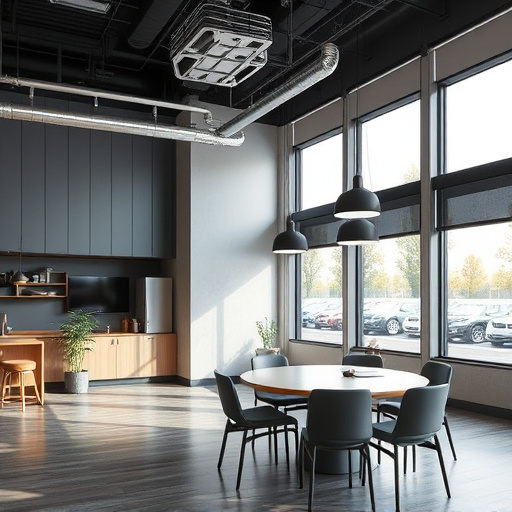
Navigating local building codes is a critical aspect of the job for any home renovator. These codes and permits are in place to ensure safety, quality, and consistency in construction projects, whether it’s a minor kitchen upgrade or a full-scale multiple room remodel. Understanding these regulations is essential for every renovator as they vary from one municipality to another, and non-compliance can result in hefty fines or the need to tear out and redo work.
Home renovators must familiarize themselves with local building permits and codes before starting any project. This involves researching specific requirements for their area, understanding the difference between structural and cosmetic changes, and knowing which projects require permits. For example, a simple painting job might not necessitate a permit, while a significant renovation like adding a new room or changing a home’s layout could trigger multiple code requirements, including electrical, plumbing, and zoning regulations. Renovators who are well-versed in these guidelines can ensure their projects adhere to safety standards, avoid legal issues, and ultimately create functional spaces that enhance the value of homes.
Streamlining the Process: Best Practices for Efficient Permit and Code Compliance
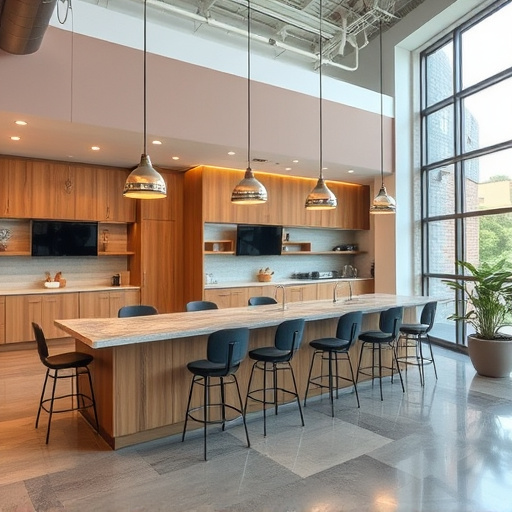
Home renovators often find themselves navigating a complex web of permits and building codes, which can be a significant hurdle to efficient project execution. However, by adopting best practices, they can streamline this process, ensuring their home transformations remain on track. Firstly, staying informed about local regulations is paramount. Home renovators should familiarize themselves with the specific rules and requirements governing residential renovations in their area. This knowledge enables them to identify potential pitfalls early on, saving time and effort in the long run.
Additionally, maintaining detailed records throughout the project is crucial. Keeping track of permits, inspections, and code-related communications ensures a smooth transition between stages. Effective communication with local authorities and building inspectors is key; home renovators should proactively seek clarifications and updates to avoid delays. By following these practices, professionals in the field can efficiently manage permit and code compliance, allowing for successful home remodeling endeavors.
Home renovators play a crucial role in shaping communities, but their success hinges on navigating permits and building codes effectively. By understanding the importance of these regulations and adopting best practices, renovators can ensure their projects comply with local standards while streamlining the process. This not only facilitates smoother operations but also contributes to safer, more vibrant neighborhoods. As a professional home renovator, embracing efficient permit and code compliance is key to turning visions into reality without compromising quality or safety.

